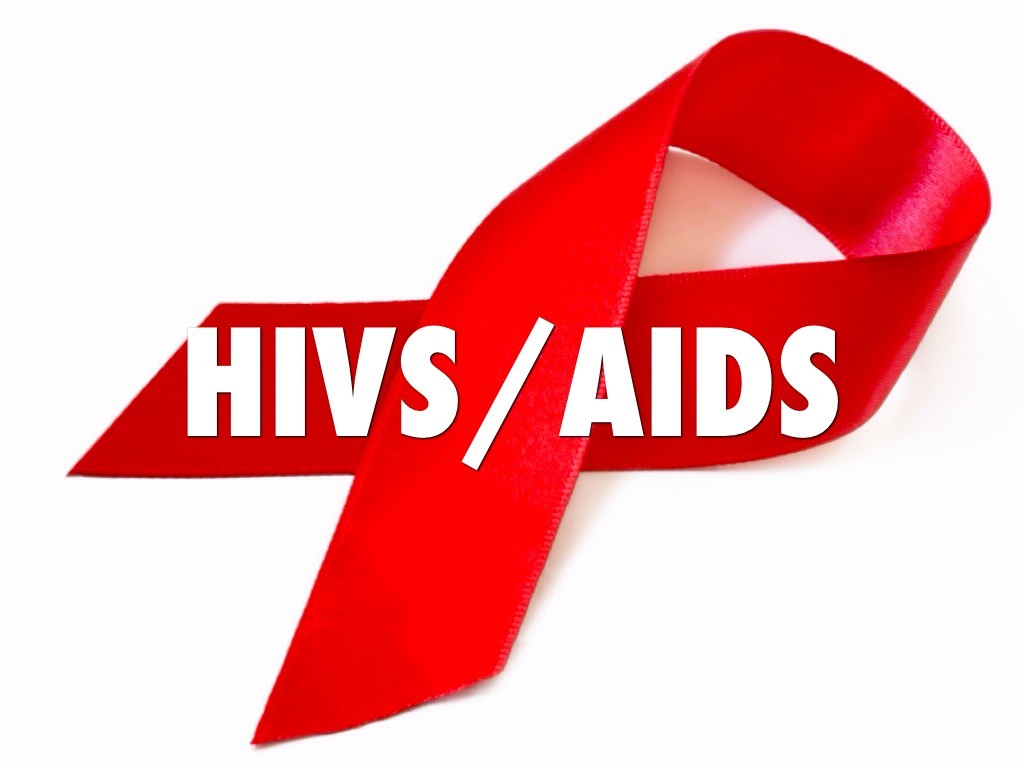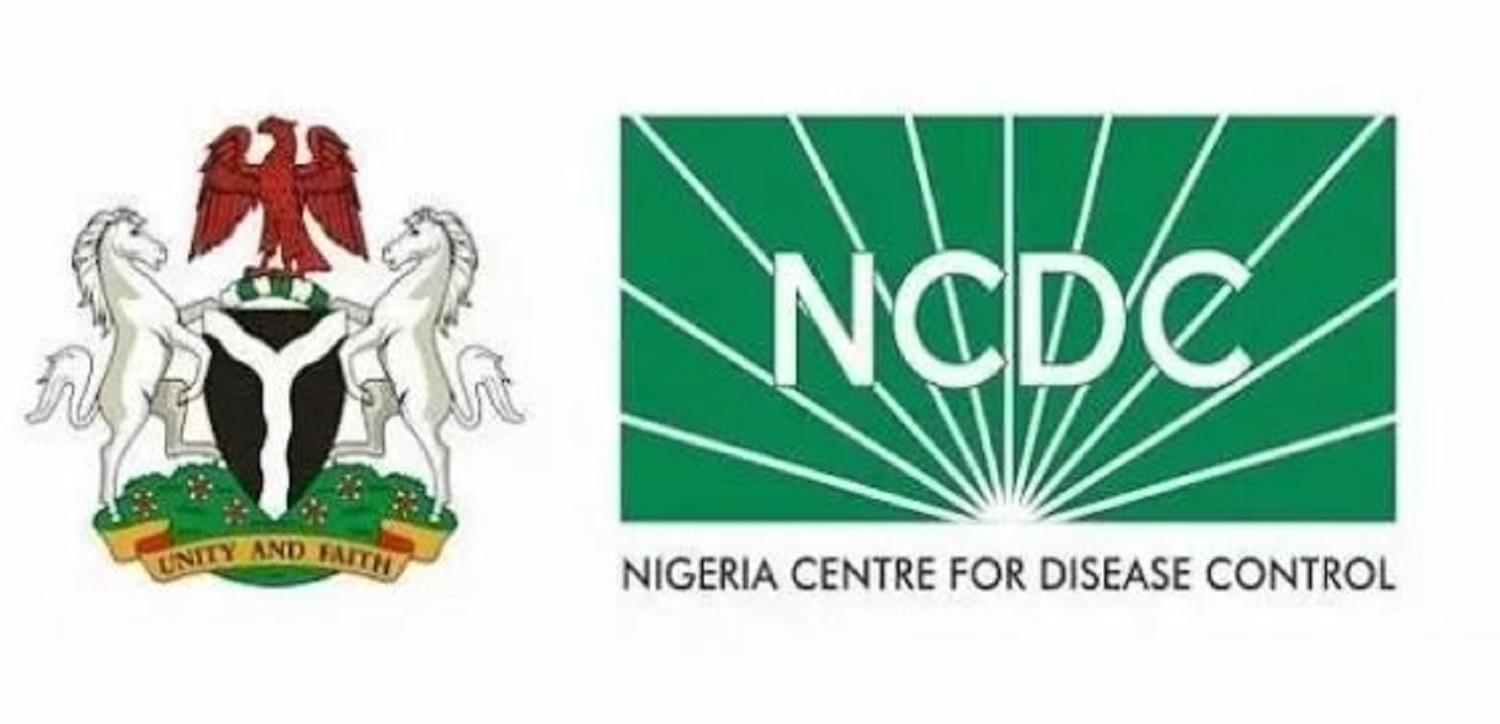Health
Inclusion of Family Planning, Cancer Services in NHIS will Reduce Mortality- Experts

Some health experts have identified the need for inclusion of family planning and cancer services into the National Health Insurance Scheme (NHIS) benefit package.
According to them, the inclusion of these packages will help reduce morbidity and mortality arising from arising from lack of finances from patients and Nigerians who seek health care services.
The experts spoke at a two-day retreat organised by the Africa Health Budget Network (AHBN) in partnership with NHIS, Nigerian Medical Association (NMA) and the Nigerian Cancer Society (NCS) on Wednesday in Abuja.
Due to the huge out-of-pocket spending for health services, which often leave average and poor Nigerians in penury, the government established the NHIS in 2005.
But in spite billions of Naira expended into the scheme since its inception, millions of Nigerians still lack access to quality healthcare.
About 70 per cent of Nigerians pay out-of-pocket for healthcare while the few enrolled in the scheme complaining of inadequate service delivery.
The scheme only covers between five to 10 per cent of the Nigerian population, mainly civil servants and corporate workers in the private sector.
Also, it does not cover key cancer treatment regimen which is very expensive.
Prof. Innocent Ujah, the President of the Nigerian Medical Association (NMA), noted that the inclusion of family planning into the NHIS would improve acceptance and continued use of family planning.
This is will help to prevent unintended pregnancies through correct, consistent and social behaviour change.
Ujah, who was represented by Commissioner for Health and Human Services, Benue, Dr Joseph Ngbea, said the advocacy for these medical services would further strengthen advocacy to build political will for implementation.
Prof. Oladapo Ladipo said that the first rational for family planning was in the interest of the mother and the child to reduce mortality.
Ladipo said the country’s maternal mortality ratio was high when compared with other developed countries.
He said that Nigeria had not made any substantial progress in terms of services to its citizens in the past decades.
Alo speaking at the retreat, the Executive Secretary of NHIS, Dr Mohammed Sambo, said the advocacy was in line with the reform agenda of the current leadership of the scheme.
Sambo, who was represented by Mr Yakubu Agada,General Manager of Standard and Quality Assurance, NHIS, said the scheme was expanding coverage of essential healthcare services for all Nigerians.
He noted that efforts were under way for the scheme to cover retirees, elderly, IDPs and corps members.
“NHIS on its own part is currently reviewing its benefit package to accommodate some drugs and services for cancer and other communicable and non-communicable diseases,” he said.
He disclosed that the scheme was working with the International Labour Organisation (ILO) on the actuarial valuation of the comprehensive benefit package was on-going.
“In that package, we already have some of the new generation chemotherapy; chemo drugs and others are included.
“While we are doing this, we need to look at how we are going to finance the new package, otherwise we are going to deplete the pool we have been able to put together,” he explained.
Hon. Tanko Sununi, Chairman, Healthcare Services Committee, House of Representatives, said that the Federal Ministry of Health was at the modality stage of disbursing funds to selected hospitals that will cover for indigent patients.
In her remarks, the wife of the Governor of Kebbi State, Dr Zainab Bagudu, said that access to family planning services and cancer treatment was critical to health care outcome in the country.
Bagudu explained that the inclusion of these essential services would reduce morbidity, mortality and financial burden placed on patients and care givers.
“Well-designed and resource sensitive health insurance benefits packages available on state and national scheme can see these services incorporated into packages in the immediate future,” she added.
She, however, called for collaboration and commitments of all stakeholders to achieve this.
NAN also reports that Sambo had in February said that Nigeria needed about three trillion naira annually to provide adequate health insurance to its total population of over 200 million.
He said that with sufficient funds, the scheme would expand its benefits package to include medical conditions including cancer.
To reduce the financial burden of treating the cancer, the Minster of Health, Dr Osagie Ehanire , at a National Health Dialogue in 2019, had also announced plans to institute a cancer treatment fund.
“There will be a creation of a fund, either a cancer treatment fund or whatever we decide to call it. It is important and can be driven by investment or donation,” the minister had said. (NAN)
Health
Expert Advocates For Elimination of Mother-to-Child Transmission of HIV Through HIV Self Testing.

From Attah Ede, Makurdi
Eliminating mother-to-child transmission of HIV in Nigeria is an achievable goal, but it requires innovative approaches that can address the unique barriers faced by women in underserved communities.
An expert on health related matters, Dr Godwin Emmanuel stated while interacting with newsmen as part of activities commemorating the just concluded World Aids Day in Makurdi, the Benue State capital.
Dr.
Emmanuel who is the Managing Partner/Impact Officer of MOZUK Future Solutions Limited, stated that the World AIDS Day have come and gone, yet Nigeria government must not fail to examine some of the gaps that must be urgently bridged as a nation.He explained that each year, thousands of children are born with HIV, largely due to inadequate access to testing and treatment during pregnancy, disclosing that the Joint United Nations Programme on HIV/AIDS (UNAIDS) estimates that Nigeria contributes about 22% of global paediatric HIV cases which indicates the urgent need for innovative approaches to curb MTCT.
“This brings me to a recent study in Lagos and Kano which demonstrated how HIV self-testing kits offer a practical, effective, and scalable solution to our MTCT challenges.
“The study interrogates an initiative seeking to integrate HIV Self-Test (HIVST) kits into TBA services as part of a broader strategy to eliminate MTCT.
“The intervention targeted underserved communities where healthcare access is limited, leveraging the trust and accessibility of TBAs to distribute self-testing kits and provide essential counselling”.
According to him, the study, led by Dr. Toriola Adebayo of Lagos State University Teaching Hospital and Dr. Usman Bashir of Aminu Kano Teaching Hospital, articulated the role of local expertise in advancing healthcare solutions tailored to community needs.
“In this intervention, 182 TBA clinics across three local government areas (LGAs) in Lagos and Kano States were equipped with HIVST kits. TBAs received extensive training on the administration of the tests, pre- and post-test counselling, and linkage to care for those who tested positive.
“Among the 1,982 pregnant women enrolled in the study, pre-intervention testing rates were markedly low, with just 60% in Lagos and 38% in Kano having ever been tested for HIV. After the introduction of HIVST, testing uptake surged, with all participants voluntarily using the kits during antenatal visits.
“The results were promising:
HIV Positivity Rate: An overall positivity rate of 0.8% was recorded, with slightly higher rates in Lagos (1.1%) compared to Kano (0.8%).
“First-Time Testers: Remarkably, 80% of those who tested positive were undergoing HIV testing for the first time.
Linkage to Care: All HIV-positive individuals were successfully linked to ART services, demonstrating the effectiveness of the TBA-led model in bridging gaps in healthcare access.
“The success of this initiative exemplifies how HIVST can become a cornerstone of affirmative action against paediatric HIV infections, which was also a critical focus of World AIDS Day observances.
“As evidenced by the success of the Lagos and Kano initiative, when confidentiality, stigma reduction, and leveraging trusted community figures like TBAs are prioritised, HIVST has the potential to transform PMTCT efforts across Nigeria.
“This is even more so with sustained investment, community buy-in, and political will. This can move us closer to a future where no child is born with HIV and every mother has the opportunity to live a healthy, fulfilling life”, Dr. Emmanuel alluded.
He further revealed that HIV self-testing kits offer a simple, private, and effective means of determining one’s HIV status, adding that the kits allow individuals to test themselves using a saliva sample or a small drop of blood, with results available in minutes.
Highlighting the importance, the health, said the convenience and confidentiality of this method are particularly appealing to those who might avoid traditional testing due to stigma or fear of disclosure.
He stated that the fear of being judged or ostracised often prevents pregnant women from seeking HIV testing, stressing that HIVST kits allow individuals to test in the comfort of their homes or a private setting, without fear of disclosure. This is particularly crucial for pregnant women, who may face compounded stigma if diagnosed with HIV.
“Increased Testing Uptake as demonstrated shown the intervention in Lagos and Kano demonstrates that when provided with confidential and convenient testing options, more women are willing to know their HIV status. Early diagnosis is key to initiating ART, which can reduce the risk of MTCT to less than 1%.
Health
NAFDAC Supports Herbal Medicine, says Must go Through Clinical Trials

Prof. Mojisola Adeyeye, the Director-General, National Agency for Food and Drug Administration and Control (NAFDAC), says she supports herbal medicine production in the country.
She said this on a Forum in Abuja.
She, however, explained that for NAFDAC to accommodate herbal medicine as part of its regulated products, such herbal preparation must go through clinical trials.
She disclosed that the major challenge to herbal medicine practitioners is how to secure resources to finance clinical trial for their products, which she said cost a lot of money because it is a major aspect in medicine.
She added that “I believe in natural medicine, I was brought up with it, like the Agbo that we were taking and it was working.
“Herbal medicine or natural medicine work, before I came back home from the United States, I started a research on natural medicine for the cure of sickle cell, my niece who is a sickler got on it and her episodes decreased by 70 to 80 per cent.”
She explained that the agency gives approval for natural medicines once proven it is not toxic, and they have been used and tested before.
“We approve them for two years and then they can renew if they do clinical trial because it is something we are not used to in Nigeria.
“China supports many of these herbal practitioners.”
The director-general also spoke about using fruits and vegetables as medicine to cure some illnesses, adding that some of these fruits contain antioxidants that prevent cancer. (NAN)
Health
NCDC Calms Fears over XEC COVID-19 Variant, Urges Continued Vigilance

The Nigeria Centre for Disease Control and Prevention (NCDC) has allayed public fears over the detection of the SARS-CoV-2 XEC subvariant globally.
The Director-General of the centre, Dr Jide Idris, did this in a public advisory issued on Saturday night in Abuja, made available to newsmen.
Idris reassured Nigerians that the variant, though identified in 29 countries, has not been detected in Nigeria.
He said that the XEC subvariant, a descendant of the Omicron JN.
1 lineage, was currently classified as a Variant Under Monitoring (VUM).According to him, this means that it is being closely observed for potential concerns but does not yet pose significant risk.
“The XEC sub-variant has been reported in Europe, Asia, North America, and Africa, with Botswana being the only African country to record cases so far.
“While the sub-variant exhibits higher transmissibility, there is no evidence of increased disease severity,” he said.
The NCDC boss said that Nigeria had been monitoring the JN.1 variant, classified as a Variant of Interest (VOI), which has been present in the country since January.
He assured Nigerians that the National COVID-19 Technical Working Group was conducting continuous surveillance and data analysis.
Additionally, he said that a dynamic risk assessment was being organised to strengthen the country’s preparedness and response capabilities.
He urged health facilities nationwide to ramp up COVID-19 testing and forward positive samples to accredited laboratories for genomic sequencing.
He encouraged the public to maintain vigilance and adhere to basic health protocols, including handwashing, mask usage in crowded spaces, and ensuring proper ventilation indoors.
He advised vulnerable groups, such as the elderly and those with underlying health conditions, to remain cautious.
“COVID-19 remains a significant risk, particularly for the elderly, individuals undergoing cancer treatment, organ transplant recipients, and those with suppressed immune systems.
“We urge Nigerians to get vaccinated and receive booster doses as recommended,” he said.
The director-general also called on state governments to enhance public health infrastructure, provide resources for improved surveillance and diagnostics, and promote public health education.
He reaffirmed the agency’s commitment to providing Nigerians with accurate and timely information on the evolving COVID-19 situation globally.
He urged citizens to avoid misinformation and rely on verified updates from its platforms.
“For assistance, the public is encouraged to contact the NCDC via its toll-free number 6232 or, WhatsApp: 07087110839, Twitter: @NCDCGov and Facebook: @NCDCgov,” he said.
Report says that the XEC variant of COVID-19 is a recombinant strain, meaning it results from the combination of genetic material from two or more existing variants of the SARS-CoV-2 virus.
Recombinant variants can emerge when different strains infect the same individual and exchange genetic material during replication.
This process may lead to new variants with unique properties, such as increased transmissibility, virulence, or resistance to immunity.
While thousands of mutations have been tracked globally, only a few variants are monitored for public health significance.
Nigeria’s NCDC and global health organizations like the WHO continue genomic surveillance to monitor and respond to emerging variants.(NAN)






























